Look back at photos of Brian Pariani, who coached in Denver from 1995 to 2004. All photos as a Bronco courtesy of Eric Lars Bakke. Others from Associated Press.

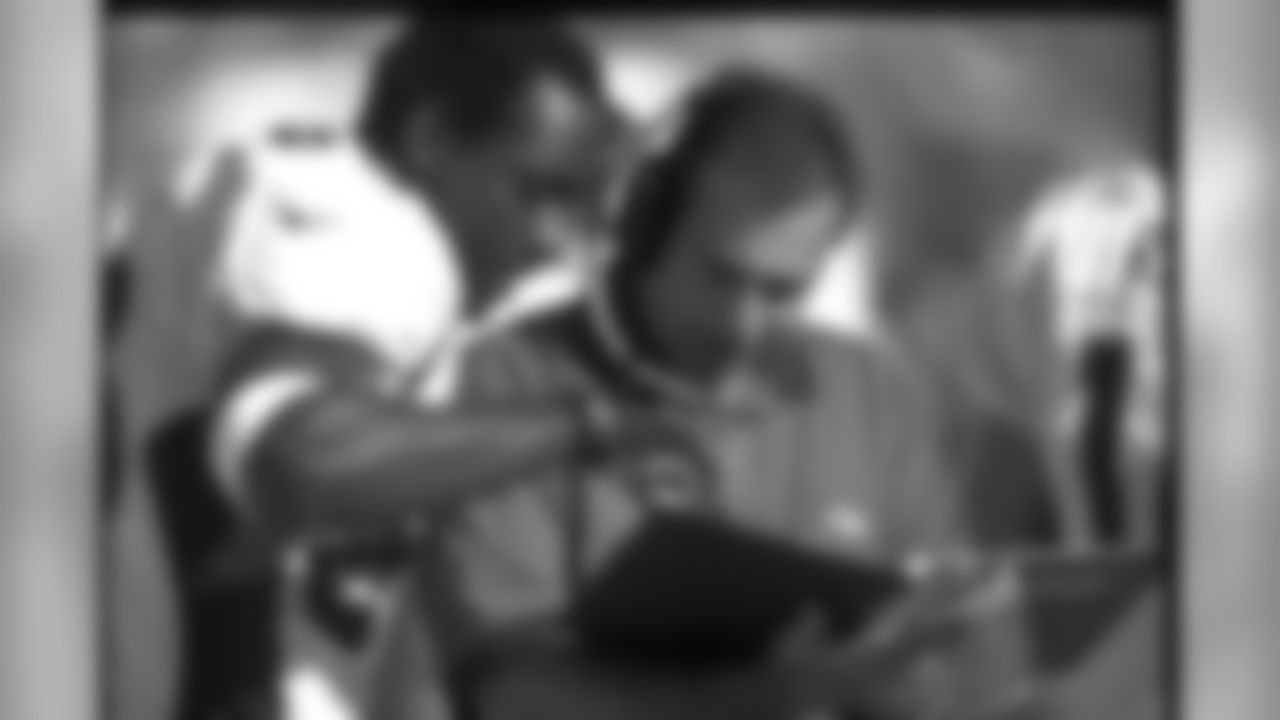
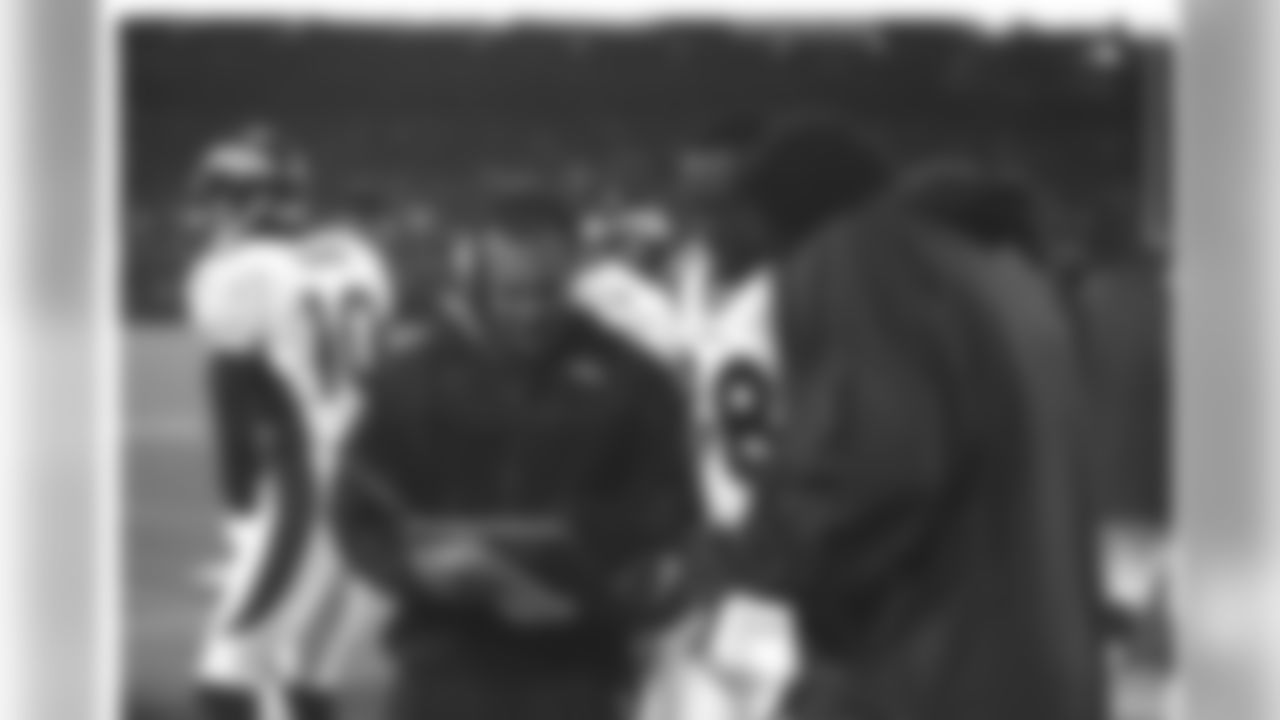
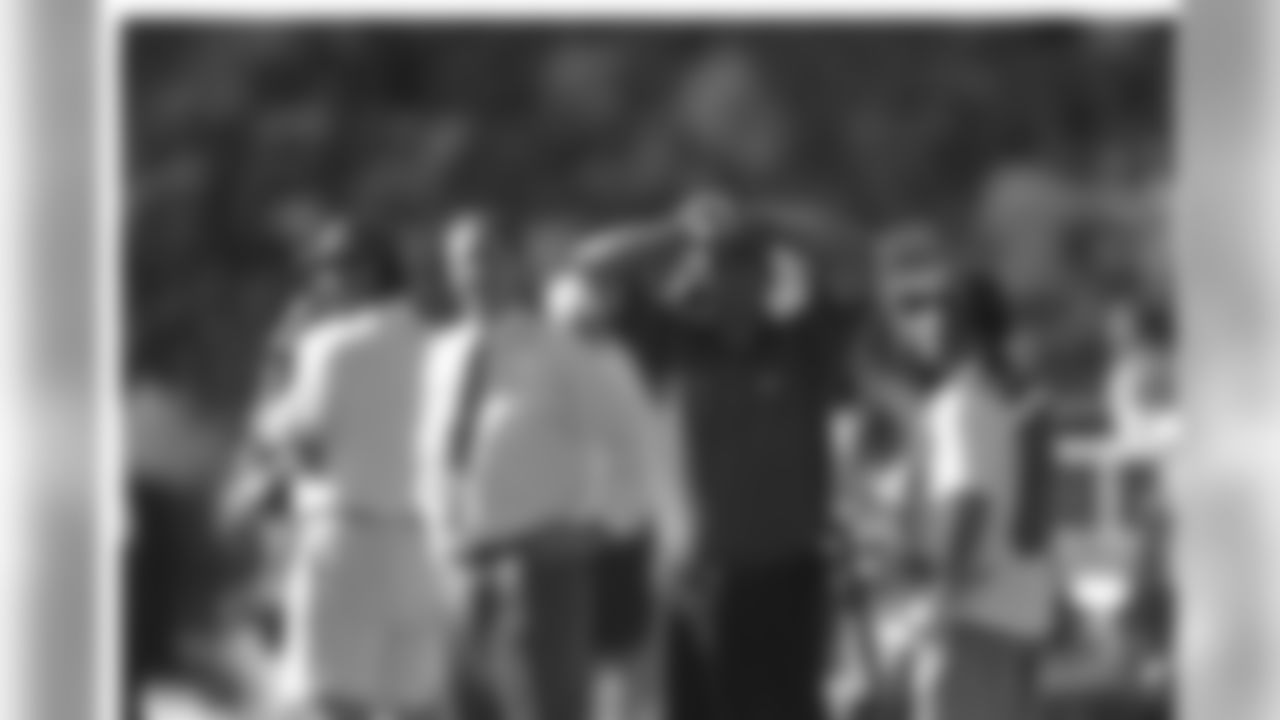
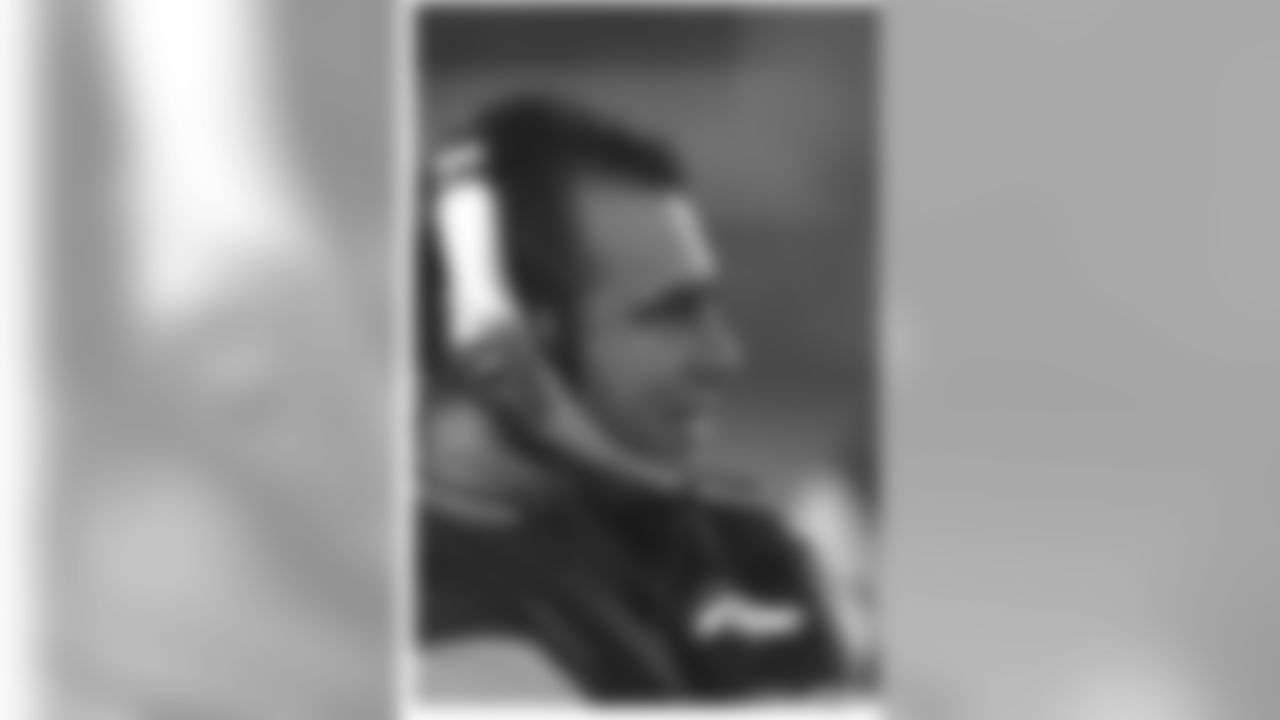
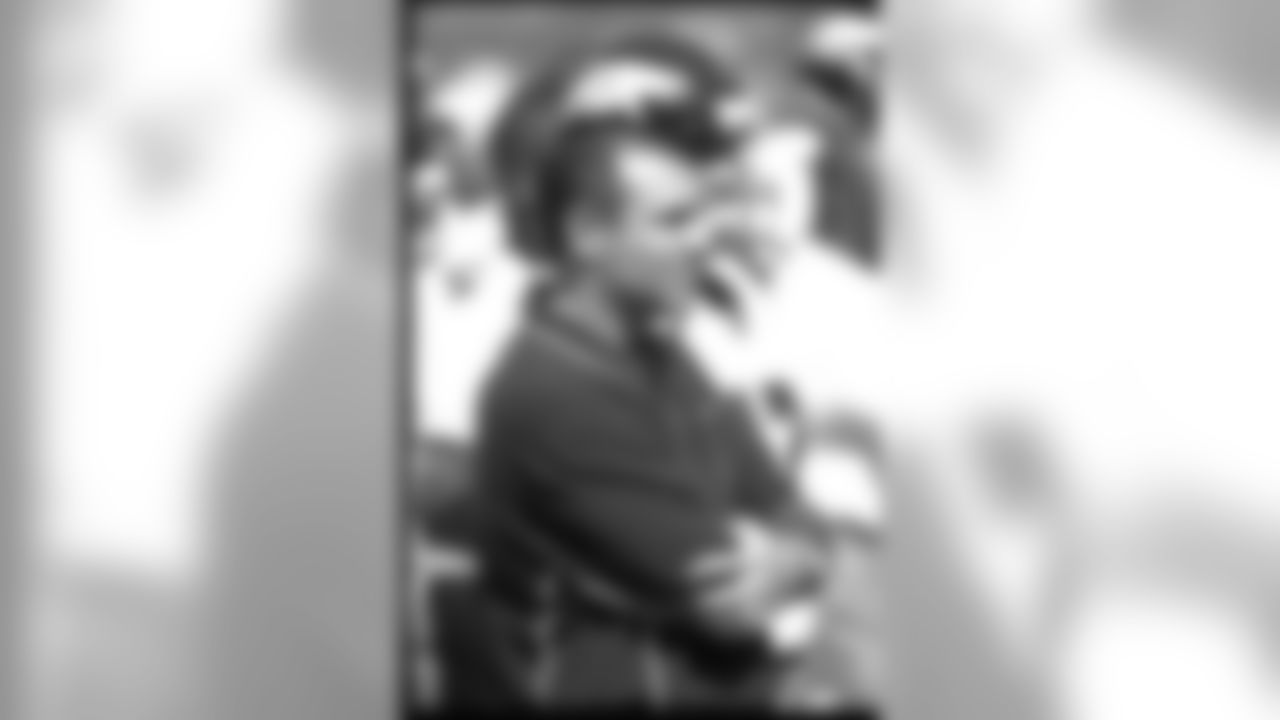
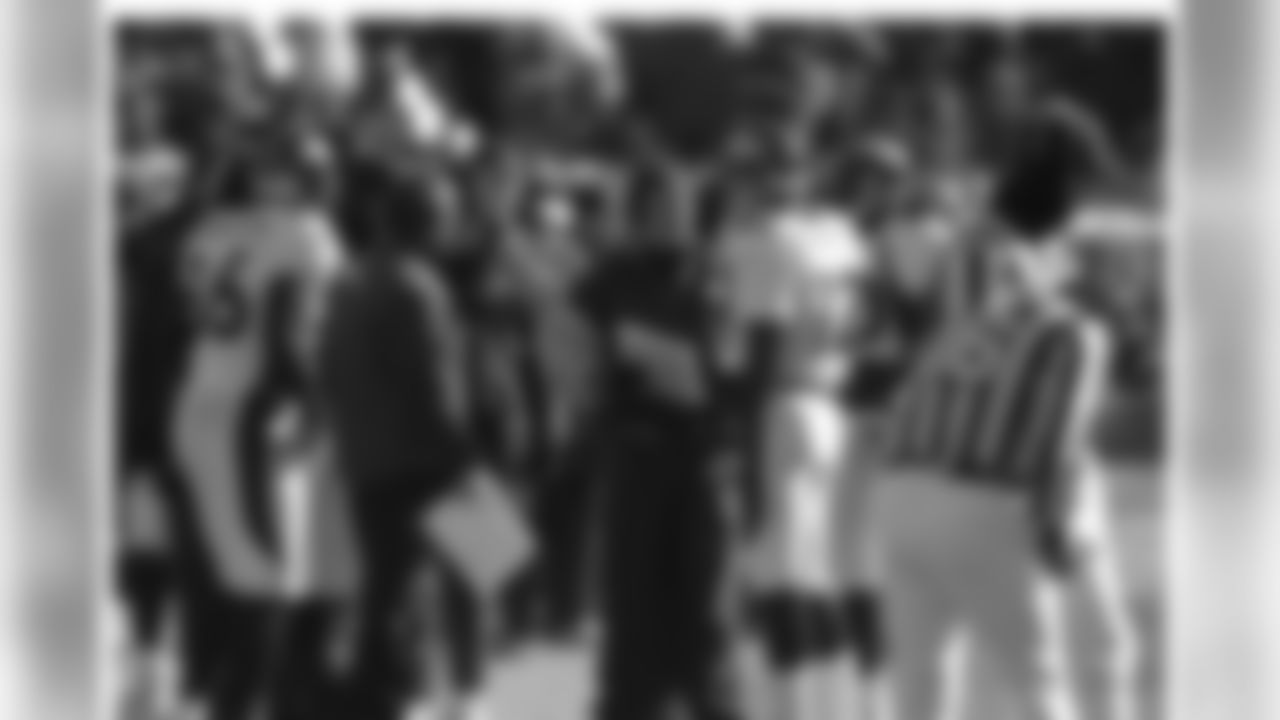

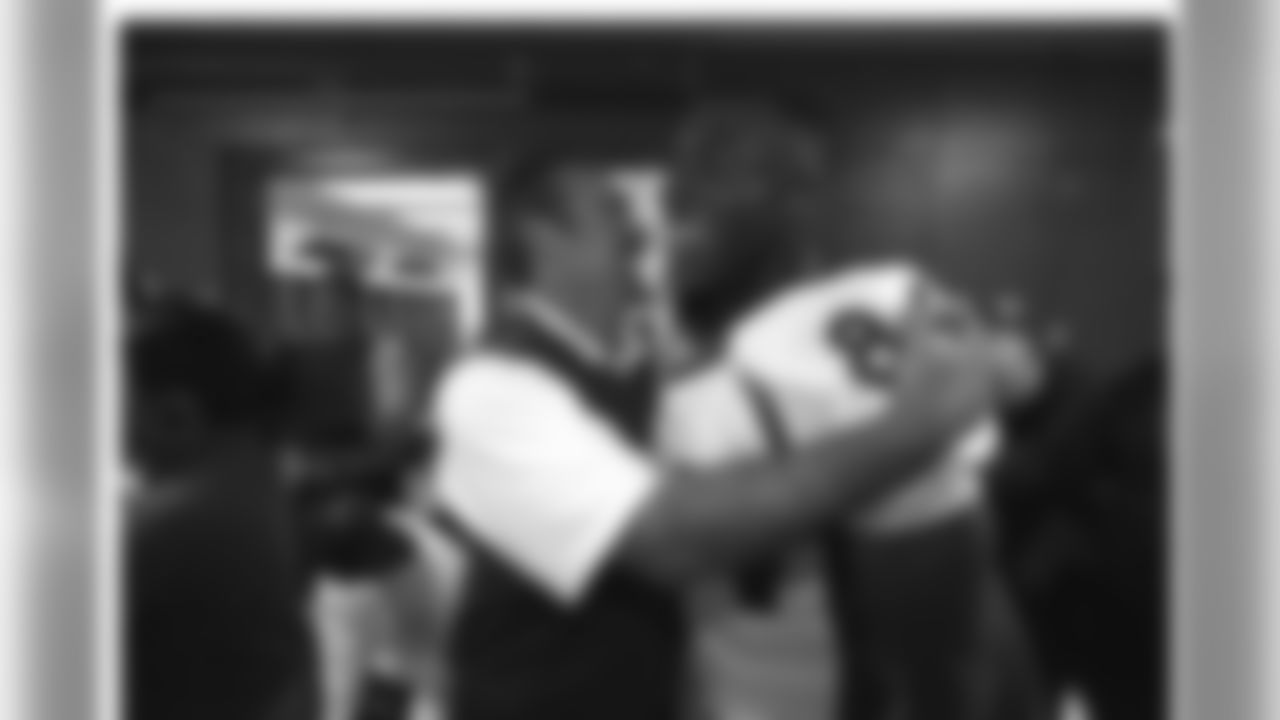
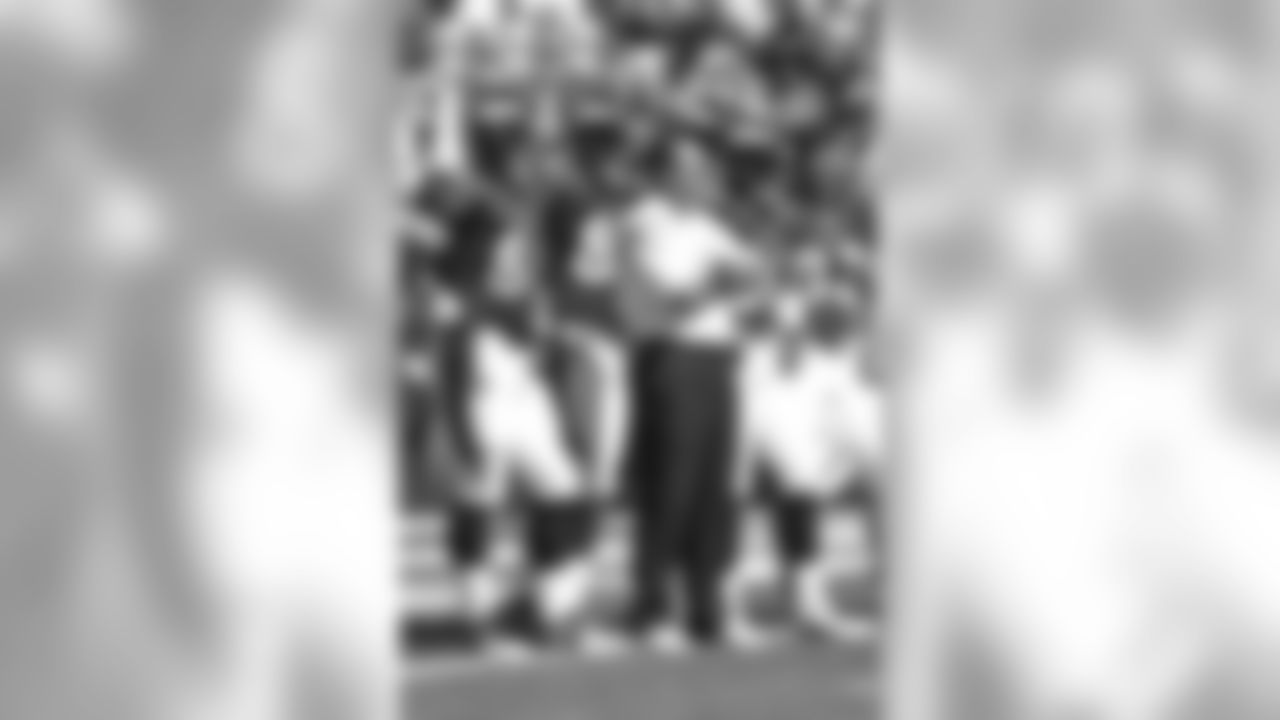
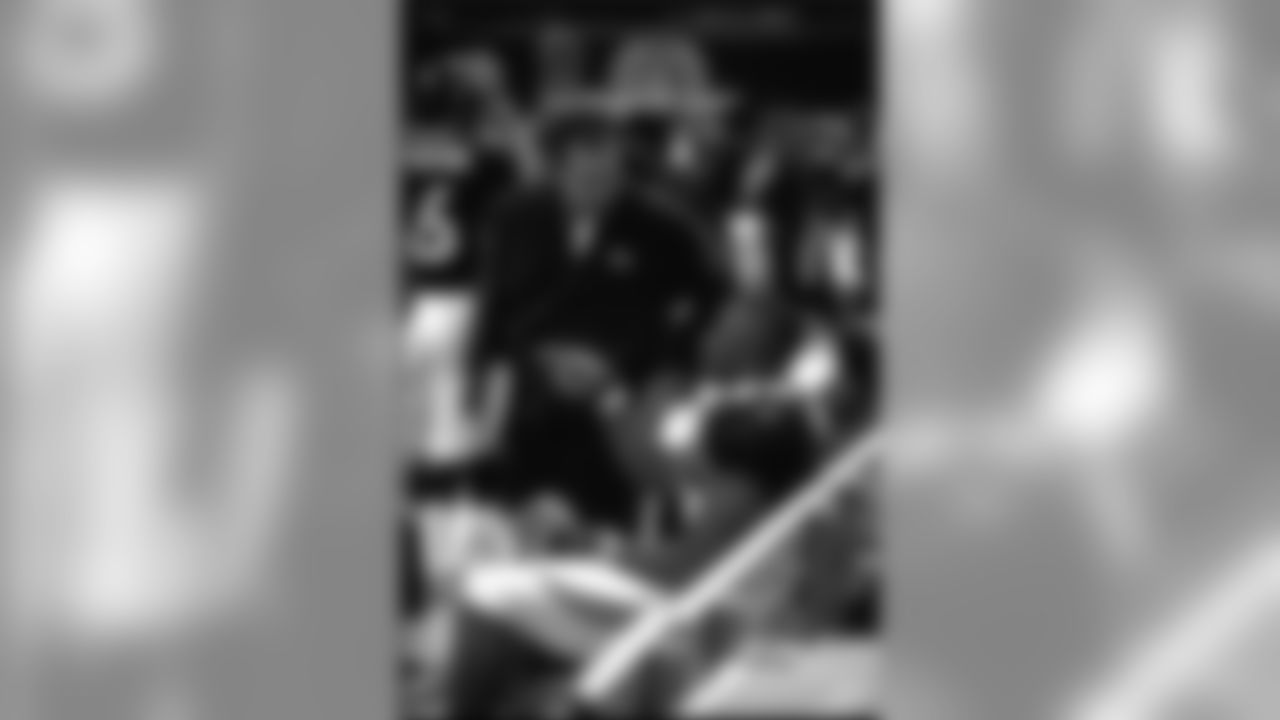


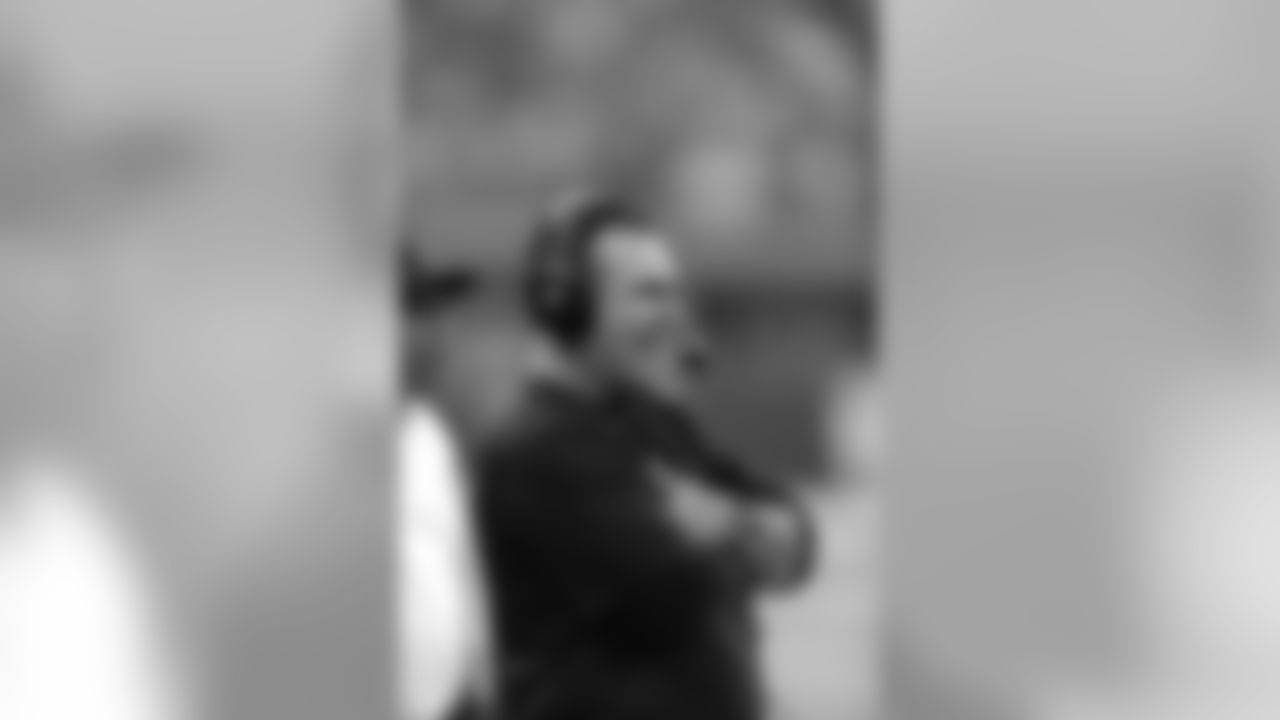
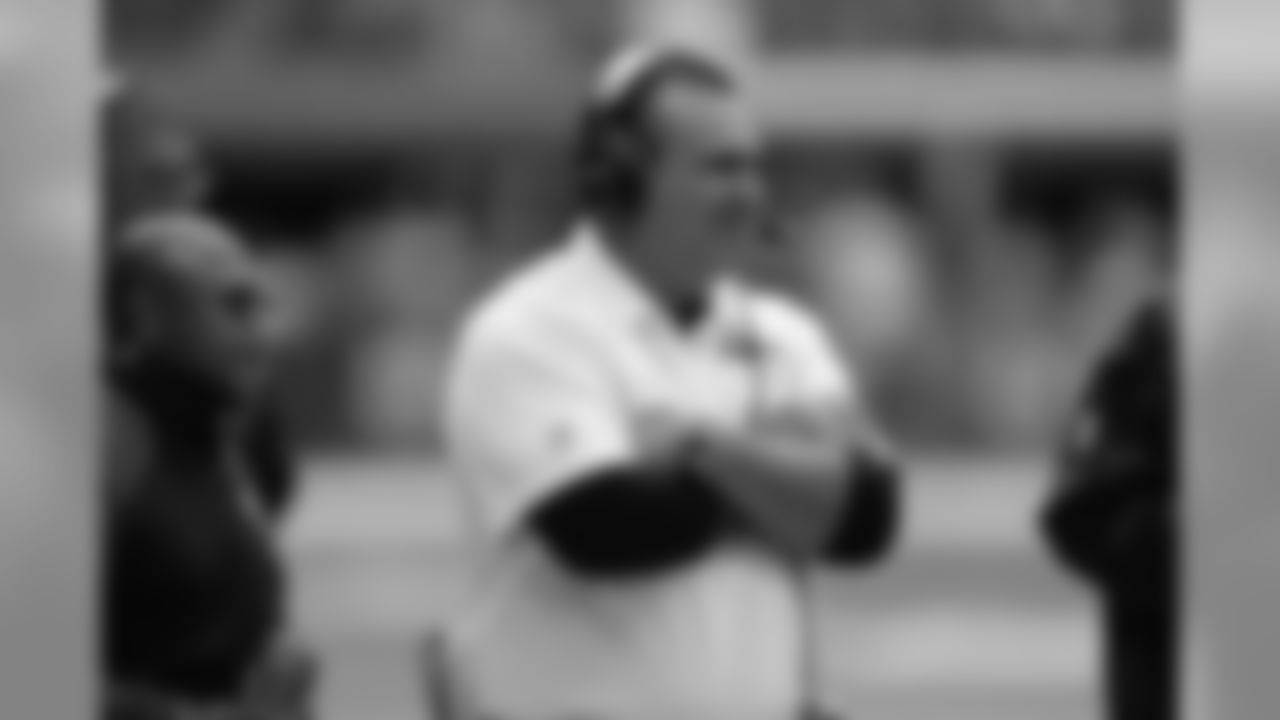
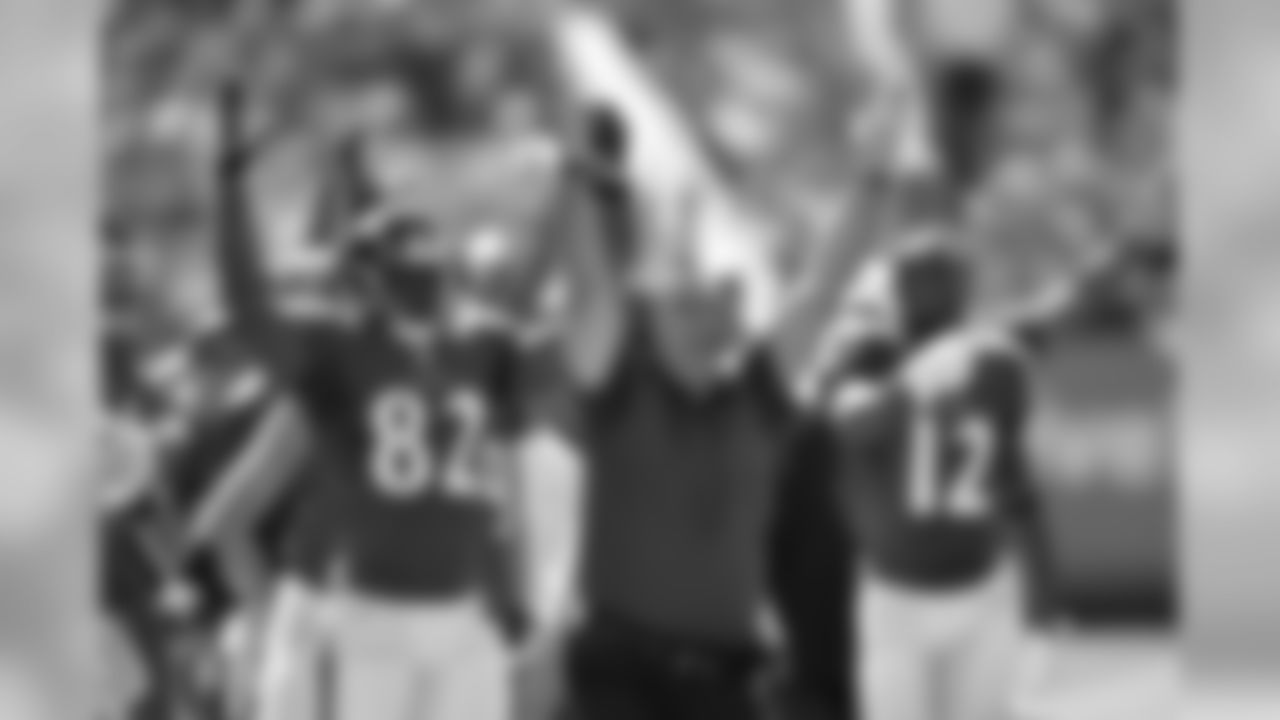
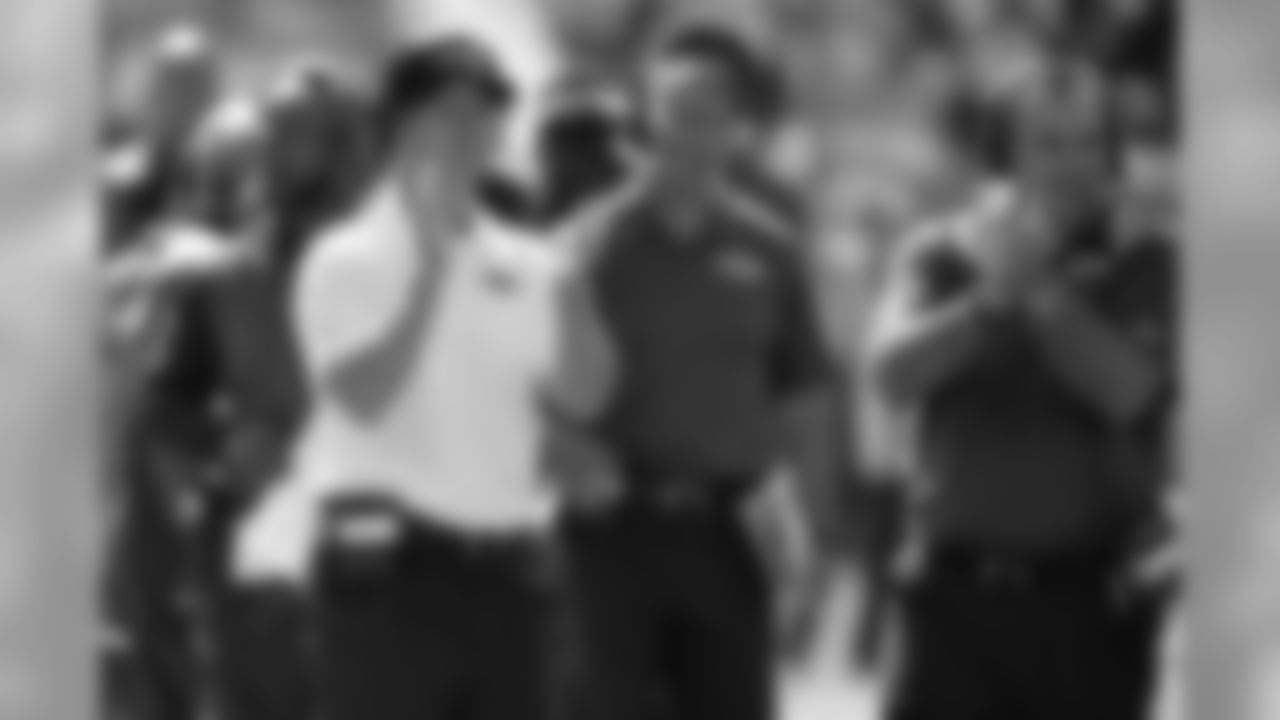
What characteristics do you look for in tight ends in this offensive system?
"We're always looking for athletic players, which obviously, the Broncos have on their roster. You're looking for people that are athletic, can make plays in the passing game, want to block at the line of scrimmage and have some type of toughness to them to hold up in protection and in the run game."
You've had some experience working with tight ends who were converted from other positions. What's that like?
"It's challenging. Like I said, you're looking for athletes to play the position. And throughout our [time] with [Kubiak] and in the system and stuff, we have taken players that weren't tight ends in college: receivers, quarterbacks—Owen Daniels was a quarterback in college, then he was converted to tight end, obviously—Shannon Sharpe was a receiver converted to a tight end, Byron Chamberlain were players that were receivers converted to tight ends, Billy Miller. These are people in the past that have played here. There are obviously players that are big time players in the league. I think you have to get into the right system. You have to just continue to do things day in and day out to develop those things: putting your hand in the dirt, coming off, working with tackles, working against defensive players, learning how to play football again, and that's the learning curve in this league. Nowadays, there's not as much time to develop guys. You've got to go Day 1 because of the way the structure of the league's set up for free agency and you have to be able to develop quickly so you can play."
When you talk about athleticism, I see the importance of lateral agility, especially. How important is that side-to-side movement in the zone blocking scheme?
"In the zone blocking scheme or in the gap scheme, we do both — we do it all. The key to anything in football is movement, per se. So if you're quick and quick-twitch and those kind of things, you're creating an advantage to beat the defense."
**
You're familiar with Coach Kubiak and Coach Dennison, obviously having worked with them in the past. What's the feeling like coming back to where your careers took that big step?**
"It's almost like a dream come true to be able to walk back into the building the other day and see some of the people that were here. You were raised here and hopefully everyone's raised the right way. Everyone has to kind of go out and kind of see if they can succeed on their own in a sense and now obviously John's asked Gary to come back, and Mr. Bowlen and Joe have asked Gary to come back and we're fortunate enough to come with him. It really is special to be back and it's still family."
Having worked with the Broncos before, how much do you appreciate the culture they have here?
"Obviously, it all starts with Mr. B and that's kind of what he's always stood for and what the Broncos stand for. I was very young when I came and he gave me an opportunity, as well as Coach Shanahan, and to learn to teach and to be able to grow, and I guess once you get that family atmosphere, which the Broncos have—because we're not the only ones who have ever succeeded within the organization; there have been players and coaches who have come and gone and done that. And there's just something about Colorado and Denver Broncos and the history that's here and the fans that stays consistent throughout the years and we're just happy to be back."
How did you get your start in coaching, and why did you want to coach?
"I started—didn't play in college—but I started as a GA [Graduate Assistant] for Coach Donahue at UCLA. I always enjoyed coaching as a younger [guy], when I was growing up and always asked to come back and try to coach and help younger kids that were playing in front of me or in that standpoint. I actually started coaching when I was 12 years old—baseball, basketball and then football came later, obviously, because there wasn't that much coaching at that time. And so I always had a administration eye in the sport and I didn't know what it was going to be, I just wanted to go somewhere where the school was big and sports were important. And so I ended up at UCLA and, asked if could try to get into it, and Coach Donahue gave me a chance and here we are today sitting here, how many years later."






